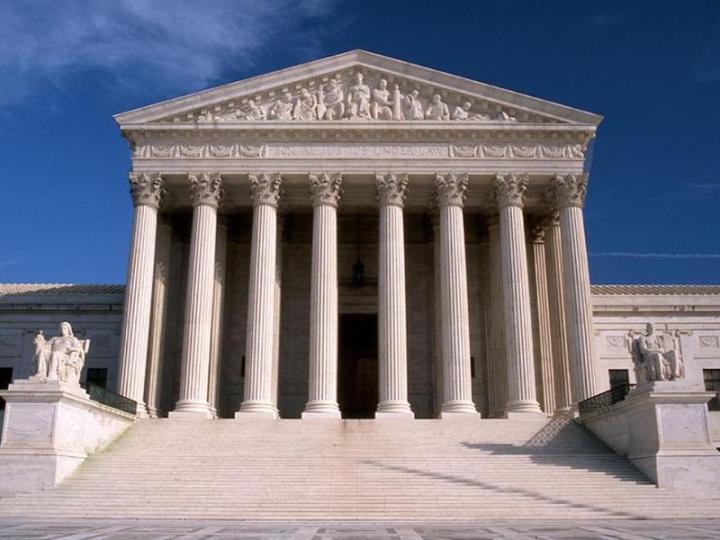
Do the police have the right to search through your phone without a warrant if you’re detained? It’s an issue that has divided the lower courts in the United States, and now the Supreme Court has announced it will hear two cases that will set the precedents for how mobile devices are treated in the future.
Part of the problem stems from the rapid advancement in smartphone technology in recent years: thumbing through an arrestee’s phone is no longer just about a list of names and numbers. Today’s mobiles contain emails, photos, GPS data, passwords and a wide range of other sensitive information. The Supreme Court’s rulings on these cases, due to take place at some point in April, will determine the police’s level of authority and access in future incidents.
The first case, Riley vs. California, involves a more modern smartphone. After his arrest on charges of attempted murder and assault in 2009, police searched David Riley’s phone: they turned up evidence that identified him as a gang member out to kill members of a rival gang, as well as a photo showing Riley by a car spotted at the scene of the shooting. His lawyers believe the warrantless search of the phone violated Riley’s constitutional rights, and thus should not have been used as evidence.
The second case, United States vs. Wurie, involves an older, basic flip phone — up to this point, judges have considered searching these phones as akin to flipping through an address book discovered on a suspect’s person. Brima Wurie was arrested in 2007 for drug dealing after an incriminating call log linked him to a buyer, but he appealed his conviction on the basis that the phone search violated the Constitution. This appeal was turned down by the First Circuit Court of Appeals.
While the same constitutional issue is raised by both cases, they are expected to be heard separately. The two outcomes will determine whether your phone is fair game if you’re arrested, or if police will first have to obtain a warrant to gain access to it.


